Anti-Money Laundering Laws May Receive an Update Soon

On Tuesday, May 7, 2019, the American Land Title Association, together with the National Association of Realtors(c), and several other trade groups sent a letter to the House Financial Services and Senate Banking leadership urging passage of the Corporate Transparency Act of 2019 (the “Act“).
The Act seeks to ensure that persons who form legal entities in the U.S. disclose the beneficial owners of those entities. The Act would amend the Bank Secrecy Act (the “BSA“) to compel the Secretary of Treasury to set minimum standards for state incorporation practices. As such, applicants forming a corporation or limited liability company would be required to report beneficial ownership information directly to FinCEN, and to continuously update such information. The Act defines a “beneficial owner” as a natural person who:
(i) exercises substantial control over a corporation or limited liability company; or (ii) has a substantial interest in or receives substantial economic benefits from the assets of a corporation or limited liability company.
The Act’s definition is similar in some respects to that in the Customer Due Diligence Requirements for Financial Institutions Rule (the “Beneficial Ownership Rule”). However, the Act fails to define the terms “exercises substantial control” or “substantial interest.”
The purpose of the Act is to level the playing field by requiring beneficial ownership information no matter the state of formation. If passed, the Act could encourage states to enact or upgrade formation systems to require more information and discourage people from forming entities in states which require little information about beneficial ownership.
The Act is not a new concept. There have been several previous attempts to enact similar reforms. The Corporate Transparency Act of 2017 was introduced by Representatives Carolyn Maloney and Peter King of New York in June 2017. Senators Ron Wyden and Marco Rubio later introduced companion legislation in the Senate.
Under previous versions of the Act, those who assisted in the creation of legal entities such as corporations and limited liability companies (called “formation agents“) would have been considered financial institutions subject to the BSA’s Anti-Money-Laundering (“AML”) and reporting obligations. This expanded definition of “financial institution” would have encompassed many individuals and businesses not previously subject to the BSA, including attorneys whose practices involve the formation of legal entities. The American Bar Association opposed previous versions of the Act due to such a broad definition arguing that such measures:
would undermine the attorney-client privilege, the confidential attorney-client relationship, and traditional state court regulation of the legal profession, while also imposing excessive new federal regulations on lawyers engaged in the practice of law.
Thus, the 2019 version of the Act removes references to the proposed “formation agents” classification.
To learn more, read the BILL or TRACK its progress in Congress.

